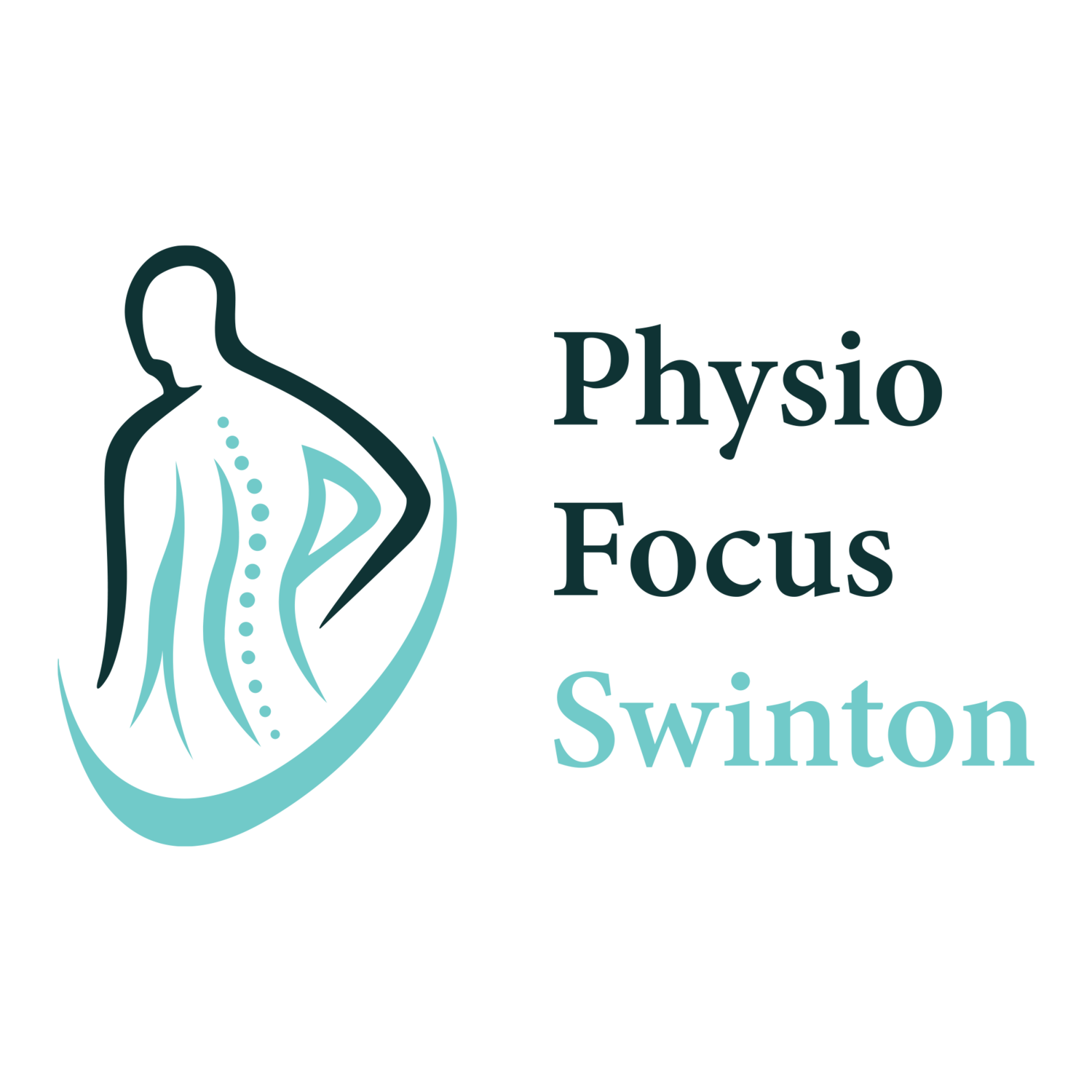Herniated Disc & Sciatica
Do you have pain in your back that is travelling down one or both of your legs?
If you have a herniated disc it is also extremely common to suffer with leg pain. This is caused by the disc material protruding backwards and irritating/compressing a nerve root, which in turn causes pain to radiate along the sciatic nerve. (the big nerve down the back of your leg)
Anatomy
The spine is built up of individual bones (vertebra) and cartilage (intervertebral discs). These discs act as a shock absorber, have a soft, spongy centre and are located between each vertebra. If the discs burst or slip, they may put pressure on the spinal nerve roots, which in turn can cause pain. Sciatica is a common the result of a slipped disc and refers to the irritation of the sciatic nerve. The sciatic nerve travels from the base of the spine to the extremity of the lower leg & foot through various nerve pathways. Sciatic pain generally starts from the lower back and may extend into the buttock, thigh or calfs.
Causes
Activities that involve repetitive bending forward and lifting heavy objects such as weightlifting can increase the pressure within the discs of the spine. This extra pressure can cause the disc to burst, and the fluid contents can then spread to nearby nerves. This may result in nerve irritation, put extra pressure on the nerves and in turn, contribute to Sciatica. Herniated discs normally occur in the lower back, but you can slip a disc anywhere throughout the spine.
Symptoms
Activities that involve repetitive bending forward and lifting heavy objects such as weightlifting can increase the pressure within the discs of the spine. This extra pressure can cause the disc to burst, and the fluid contents can then spread to nearby nerves. This may result in nerve irritation, put extra pressure on the nerves and in turn, contribute to Sciatica. Herniated discs normally occur in the lower back, but you can slip a disc anywhere throughout the spine.
Management
If you think you may have a herniated disc, then why not book in for an assessment. Here at Physio Focus Swinton we will undergo a detailed subjective and objective assessment in order to correctly diagnose the cause of the pain.
You will be provided with hands-on treatment to reduce your symptoms, a detailed home exercise programme with easy to follow instructions as well as lifestyle advice and postural information that may help to reduces the stress / strain on your muscles.
If you have any of the above symptoms and feel you may require treatment, or you would just like some more information. Please don’t hesitate to contact us on 0161 222 0680 or physiofocusswinton@gmail.com
